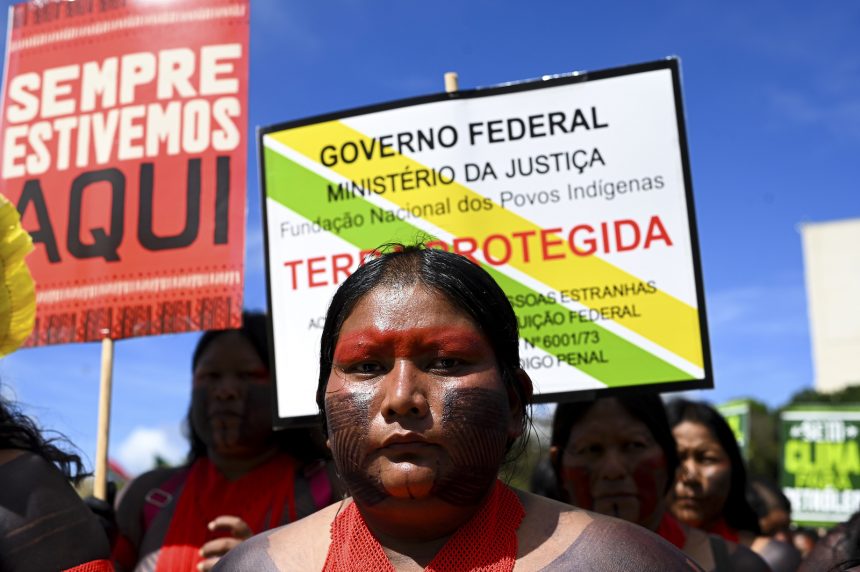A recent study published in the sustainability journal One Earth suggests that conservation efforts are more successful when Indigenous peoples and local communities are actively involved in decision-making processes regarding their lands. The researchers analyzed 648 conservation areas between 1991 and 2020, highlighting the positive impact of granting autonomy to these groups.
The study revealed that including Indigenous peoples and local communities in conservation projects leads to significantly better ecological outcomes. The findings underscore the importance of equitable governance and partnership in environmental protection efforts, especially in light of global initiatives focused on conservation and addressing climate change.
In cases where Indigenous rights were respected and local communities had autonomy over conservation projects, success rates were much higher compared to situations where these groups were merely treated as stakeholders. The authors pointed to specific examples, such as the Los Lagos Indigenous Marine Areas in Chile, to illustrate the benefits of inclusive Indigenous institutions in achieving positive ecological and social results.
The study also highlighted the negative impact of excluding Indigenous peoples, citing the case of Hainan in China where the Li peoples were marginalized from conservation efforts. Projects that recognized and respected Indigenous rights not only yielded better environmental outcomes but also resulted in positive social effects, such as increased incomes and improved community relations.
As the global community works towards conservation goals like protecting 30% of Earth’s land and seas by 2030, it is essential to prioritize the role of Indigenous peoples as conservation leaders while upholding their rights and traditional practices. This shift in approach not only benefits the environment but also contributes to social and economic well-being for Indigenous communities.
The study concludes that the key to better climate outcomes lies in respecting Indigenous land rights and autonomy, urging policymakers and conservationists to prioritize the inclusion of Indigenous perspectives in environmental protection efforts.
. If the provided articles seems to be less than 200 characters or it is an intro of the author, then try to generate an articles using this title.The key to better climate outcomes? Respecting Indigenous land rights and autonomy.






